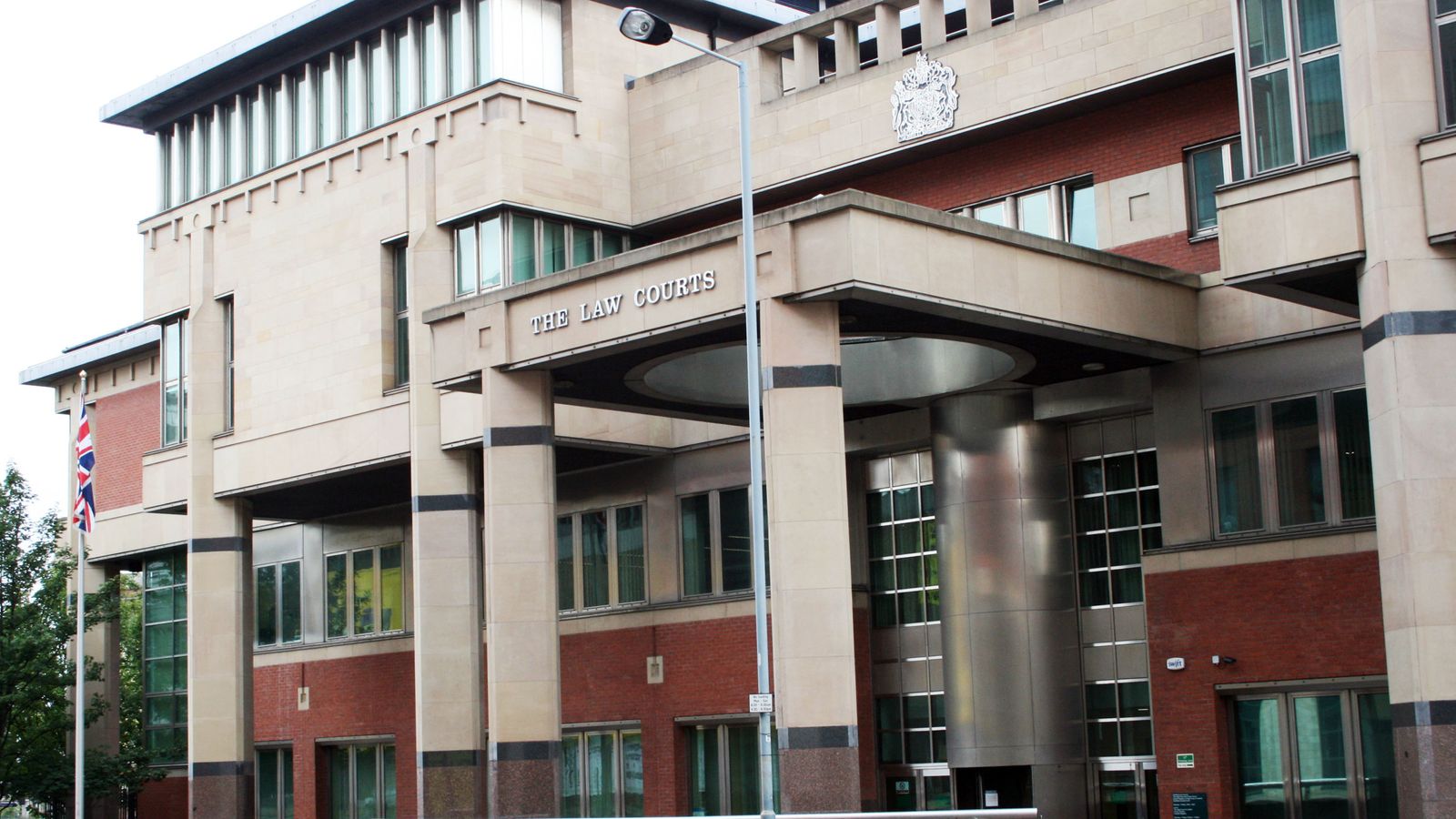U.K News
Rotherham: Alleged rapists face trial at end of 2026 due to court backlog

Introduction: A Delayed Pursuit of Justice
In a significant legal development, three men in Rotherham face trial for serious offenses, including rape, against two teenage girls. The defendants, Basharat Dad, Nasser Dad, and Reza Tavakoli, were charged as part of Operation Stovewood, a comprehensive investigation by the National Crime Agency (NCA) into historical child sexual exploitation. The trial, initially set for late 2026, highlights the overwhelming caseload in the UK’s crown courts. This delay underscores the challenges faced by the judicial system in promptly addressing such serious allegations, affecting both the accused and the victims.
Background: Operation Stovewood and Historical Context
Operation Stovewood represents the NCA’s efforts to address past failures in handling child sexual exploitation (CSE) cases in Rotherham. The operation, launched in response to the 2014 Jay Report, which exposed widespread abuse between 1997 and 2013, aims to deliver justice to victims neglected by authorities. The inaction of local agencies allowed exploitation to persist, leading to the suffering of over 1,400 children. The charges against the three men are a poignant reminder of the betrayal experienced by these victims and the community.
The Charges: Understanding the Allegations
Each defendant faces multiple serious charges. Basharat Dad is accused of 13 counts of rape, four trafficking offenses, and false imprisonment, reflecting allegations of extensive and organized exploitation. Nasser Dad and Reza Tavakoli each face rape and false imprisonment charges, indicating their alleged roles in the abuse. These charges depict a pattern of predator behavior, preying on vulnerable minors. The specificity of the charges suggests a detailed investigation, aiming to hold individuals accountable for their alleged crimes.
Legal Proceedings: The Court’s Deliberations
The trio’s court proceedings revealed the complexities of judicial processes. The Dads, in custody, did not appear in court, while Tavakoli was granted bail. Judge Sarah Wright set a tentative trial date for November 2026, acknowledging court backlogs but expressing willingness to expedite if possible. This balance between procedural fairness and expedition reflects the system’s commitment to justice amidst resource constraints. The decision emphasizes the judiciary’s role in managing caseloads while ensuring the rights of all parties.
The Human Impact: Victims’ Quest for Justice
The delay in the trial resonates deeply with the victims, now awaiting justice for nearly two decades. The prolonged wait exacerbates their trauma, highlighting systemic issues in handling CSE cases. The psychological toll on victims mocks their quest for closure. This case serves as a stark reminder of the emotional burden on those seeking redress, urging the legal system to prioritize their needs in the pursuit of timely justice.
Conclusion: Reflections on the Road to Justice
The Rotherham case is a microcosm of broader societal challenges, including inadequate protection for vulnerable children and systemic justice delays. While legal processes ensure the accused’s rights are upheld, the delay underscores the need for reform to expedite trials in serious cases. The outcome of this trial could redefine how historical CSE is addressed, offering hope to victims and reaffirming societal commitment to protecting the vulnerable.


















